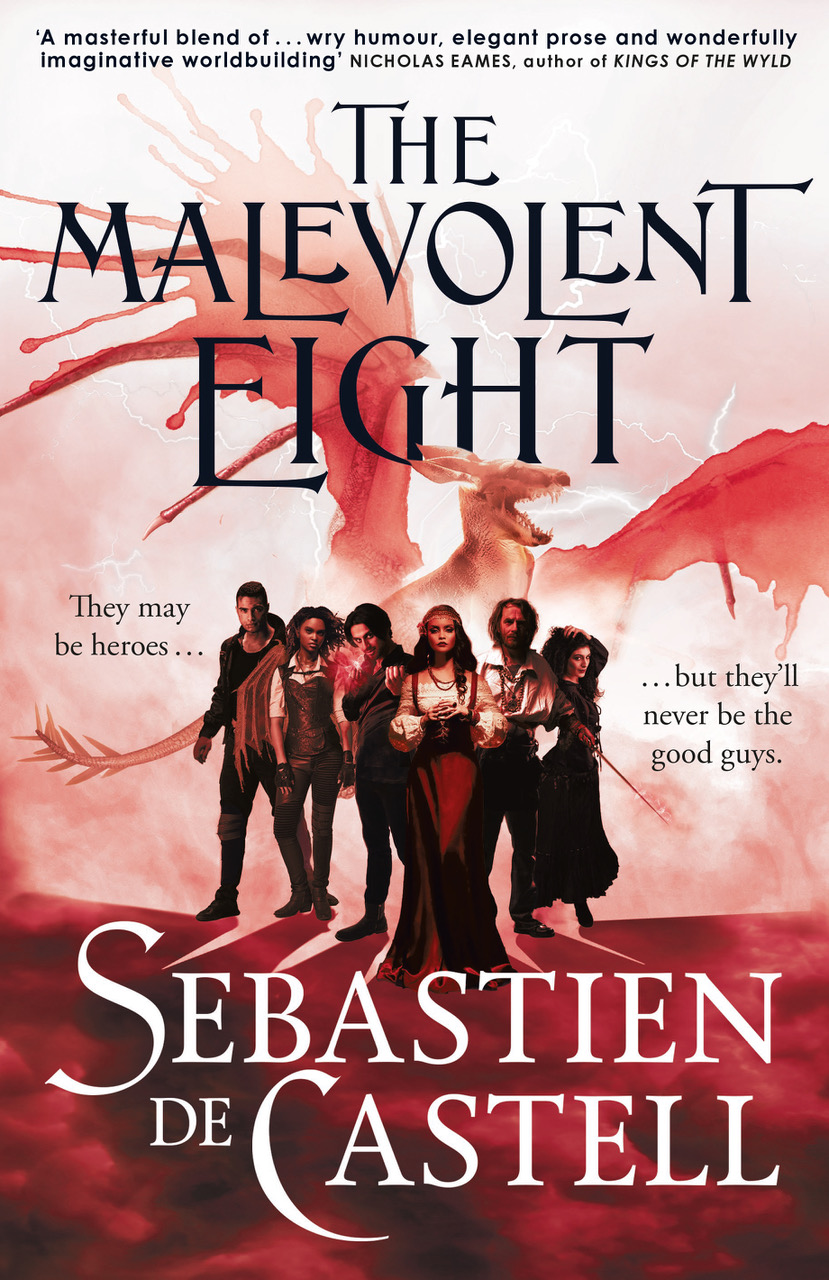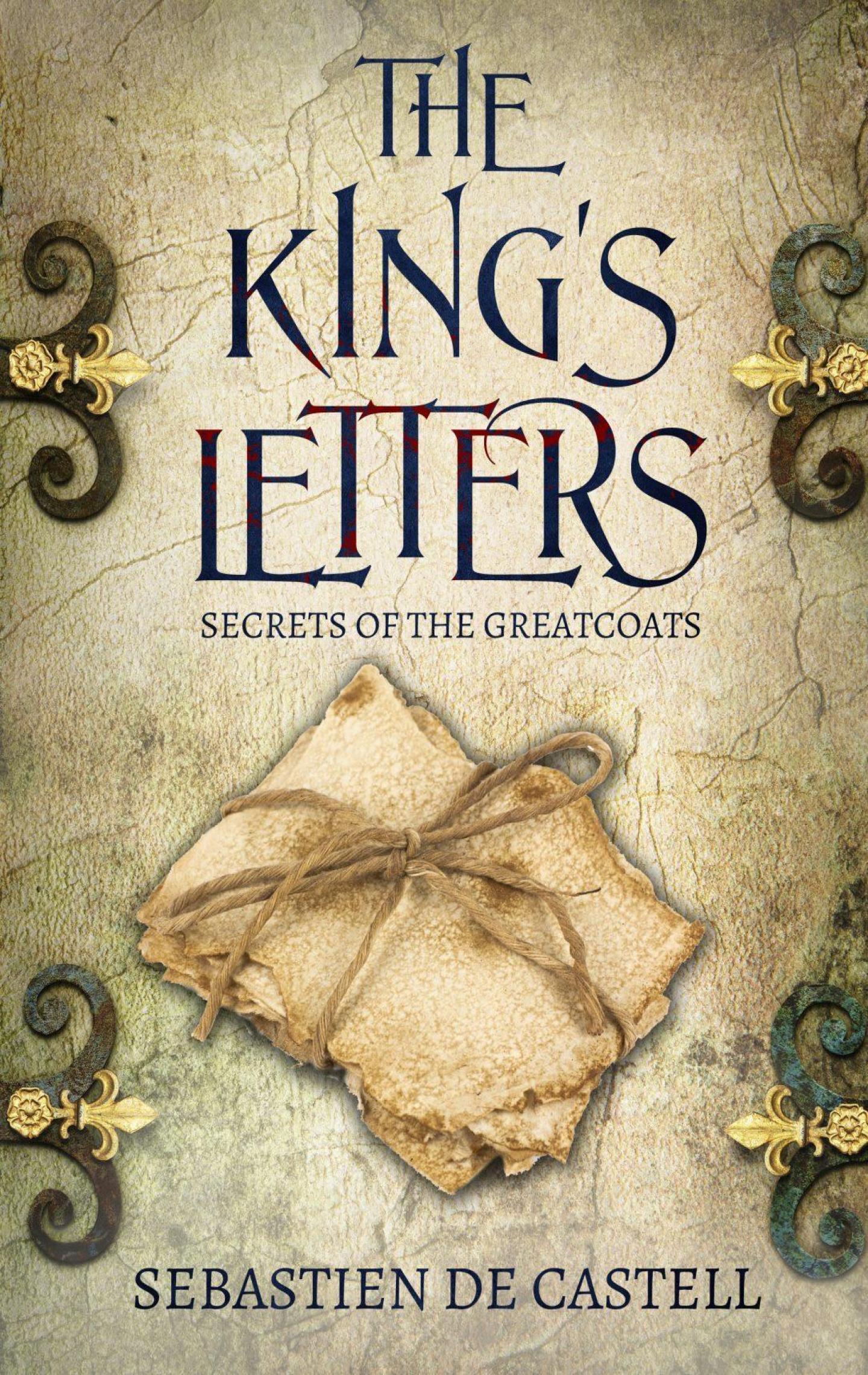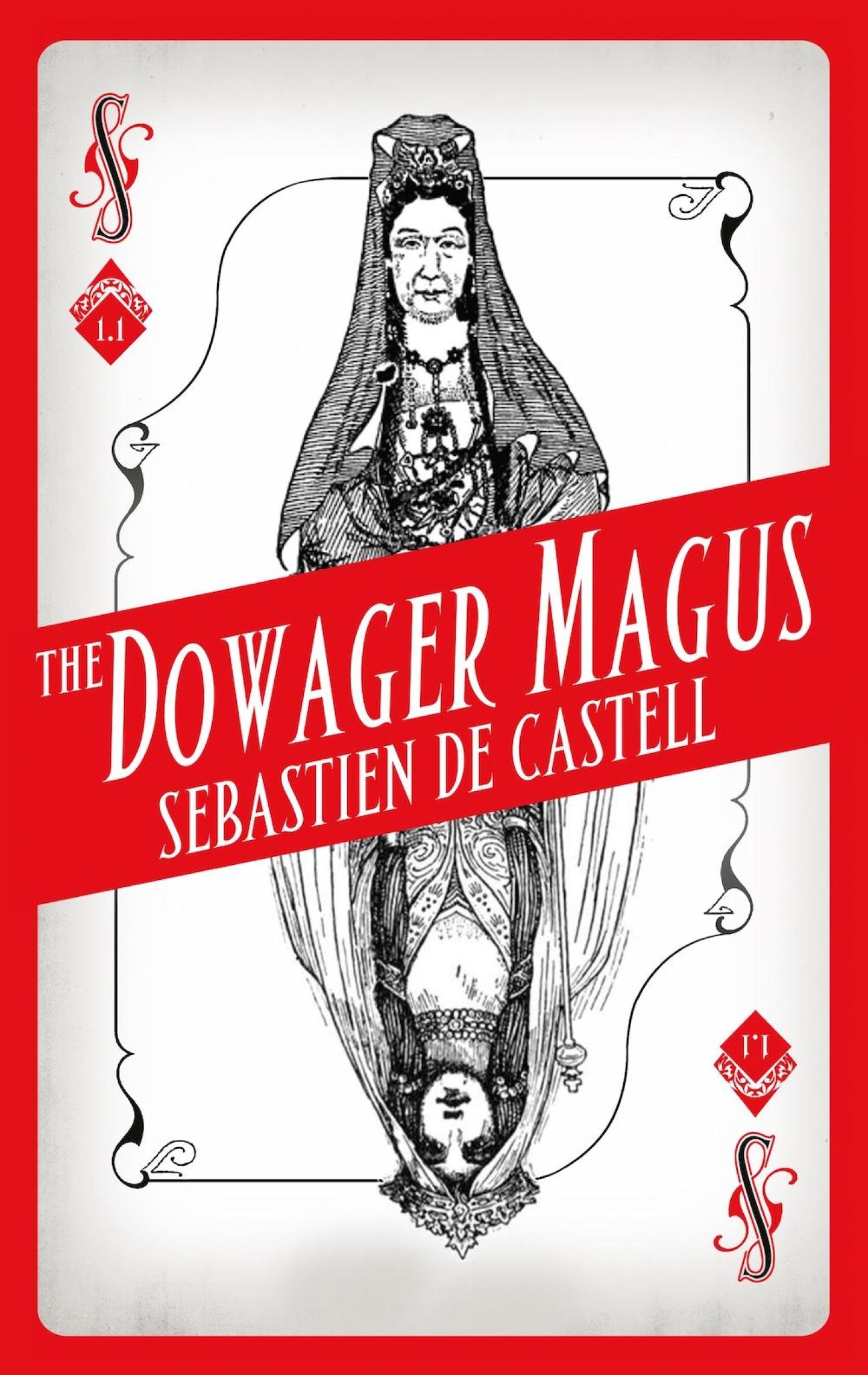I slammed down my copy of George R. R. Martin’s Storm of Swords on top of the bed. It bounced. “That son of a—”
“Please stop yelling at the book,” my wife said, nose-deep in a different, less contentious novel. “The author can’t hear you.”
“He’s killed off another of my favourite characters,” I complained.
“Yes, well, that’s terrible of him.”
I took in a deep breath—a necessary preparation for the lengthy speech I was about to deliver—“What’s worse, I didn’t even like that character in the first place! But then damned George R.R. Martin went and made me like the character and then boom! Killed ‘em off right in front of me.”
I imagine some variation of my rant has been repeated by fans of A Song Of Ice and Fire the world over, always ending with the same question: why do authors insist on tormenting and even murdering our favourite characters?
The Need for Escalating Failures

Think of some of your favourite literary characters. What is it about them that you love? I don’t mean the simple, surface attributes like being witty or clever or attractive. I mean the things that will keep you reading page after page to find out what happens to them. Is it their willingness to sacrifice everything for love? Their ability to stand up to even the worst bullies? Whatever those qualities are, chances are they can only really be seen when the character is facing serious adversity.
But can a character who never fails really be brave or determined? How can we find a character’s inner strength compelling unless we’ve first seen them fail? Falcio val Mond, the protagonist of Traitor’s Blade, starts the novel having already failed many of the most important people in his life. His determination to follow his ideals is only interesting because of the way those ideals have failed him in the past. It’s only through watching the character lose—and lose big–that we can rejoice when he finally succeeds.
But what happens after that final victory when we move onto the next book in the series? Will you, as a reader, really be as emotionally engaged if the next failure the protagonist experiences is no worse than the ones you’ve already seen them overcome in the previous book? The answer, of course, is no. And this means that things have to get harder. The emotional stakes have to get bigger, and the failures have to get worse.
The Need for Increasing Torment

The only people who enjoy tormenting the things they love are psychopaths and writers. In fact, the term ‘enjoy’ is probably a bit off here. I suppose it’s more that the writer feels they have a duty to torment their characters. Now that I think of it, I’m not sure if this makes writers better or worse than psychopaths…
There’s a long sequence of scenes that take place in Knight’s Shadow which will, I suspect, shock a few people. I didn’t write them to be shocking, it’s just that, well, that’s how they turned out. See, if you like Falcio as a character then it’s at least in part because you feel a connection to his ideals. But at the root of ideals are real experiences—often terrible ones—that shape our ideas about the world. To get to the absolute core of Falcio, I needed to strip him down to the point where there was nothing left except that first, fundamental piece of him that couldn’t be taken away.
So while failures are a crucial part of the plot, torment—the internal pain that comes as a result of those failures—is vital for character. This, too, becomes more difficult with a sequel. If your beloved character has emerged from his first adventures stronger than before, then the internal pain they experience has to be commensurately higher the next time around.
The Necessity of Death

So after all that, why in the world would any author kill off a character that fans enjoy? Considering how much work it takes to make people like them in the first place, why would any writer do such a foolish thing?
The simple answer is that, at a certain point, a character has finished their journey. They no longer have a tale of their own to tell, they no longer reveal anything about the world they inhabit, and their continued presence dilutes the overall story. At that point the author is faced with a question: should I simply disappear this character (have them move, retire, or otherwise leave the stage)? Or do they have the ability to dramatically impact other characters who do have a story to tell? If it’s the latter, then some radical shift is likely required, either through death or turning towards a darker side.
As a writer, part of my job is to wring every possible ounce of dramatic potential from my characters. If that comes from them living, great. If it comes from them dying…bring on the guillotine!
Addendum: The Necessity of Life

“So that’s why I’m going to kill him off,” I told my editor, the esteemed Jo Fletcher.
She thought about it for all of a second. “No, you damn well aren’t.”
Okay, she didn’t say it exactly that way. In fact, she never actually forbids me from killing off a character, but she has moved me away from killing off specific characters at various points in the series. The details of the conversations change but the essential question is always the same: “Have you said everything you want to say with that character?”
That, kind readers, is the one and only reason to keep a character alive: when they still have important things to say.
Note: I originally wrote this for LizLovesBooks.com in 2015





 Les vieux maîtres de sort aiment raconter que la magie a un goût. Les sorts de braise ressemblent à une épice qui vous brûle le bout de la langue. La magie du souf e est subtile, presque rafraîchissante, un peu comme si vous teniez une feuille de menthe entre vos lèvres. Le sable, la soie, le sang, le fer… cha- cune de ces magies a son parfum. Un véritable adepte, autre- ment dit un mage capable de jeter un sort même à l’extérieur d’une oasis, les connaît tous.
Les vieux maîtres de sort aiment raconter que la magie a un goût. Les sorts de braise ressemblent à une épice qui vous brûle le bout de la langue. La magie du souf e est subtile, presque rafraîchissante, un peu comme si vous teniez une feuille de menthe entre vos lèvres. Le sable, la soie, le sang, le fer… cha- cune de ces magies a son parfum. Un véritable adepte, autre- ment dit un mage capable de jeter un sort même à l’extérieur d’une oasis, les connaît tous. 'I totally saw this coming,’ Reichis growled, leaping onto my shoulder as lightning scorched the sand barely ten feet from us. The squirrel cat’s claws pierced my sweat-soaked shirt and dug into my skin.
'I totally saw this coming,’ Reichis growled, leaping onto my shoulder as lightning scorched the sand barely ten feet from us. The squirrel cat’s claws pierced my sweat-soaked shirt and dug into my skin. The way of the Argosi is the way of water. Water never seeks to block another’s path, nor does it permit impediments to its own. It moves freely, slipping past those who would capture it, taking nothing that belongs to others. To forget this is to stray from the path, for despite the rumours one sometimes hears, an Argosi never, ever steals.
The way of the Argosi is the way of water. Water never seeks to block another’s path, nor does it permit impediments to its own. It moves freely, slipping past those who would capture it, taking nothing that belongs to others. To forget this is to stray from the path, for despite the rumours one sometimes hears, an Argosi never, ever steals.
Well bravo then, it has been a lot of pain and suffering taking the journey with Falcio; but I admit that I have never felt so connected to a character and enjoyed their triumphs so much. Bracing myself for the escalation in turmoil and tribulation that is surely waiting for Falcio in Tyrant’s Throne (literally moves under desk and puts hands over head while curling into fetal position).
Thanks for the kind words, Matt. It’s true that Falcio has some hard times coming to him in Tyrant’s Throne, but then, Tristia is a pretty nasty country so that’s only to be expected.
I think I have another addition to your list of people who like to torment the things they love: Dungeon Masters. There’s almost nothing I enjoy more than tormenting my players (except for watching authors do it to their characters). Hopefully I don’t fall into the psychopath category.
By the way, your books are amazing.
Well, I think it’s a given that Dungeon Masters are evil. It’s right there in the name 😉